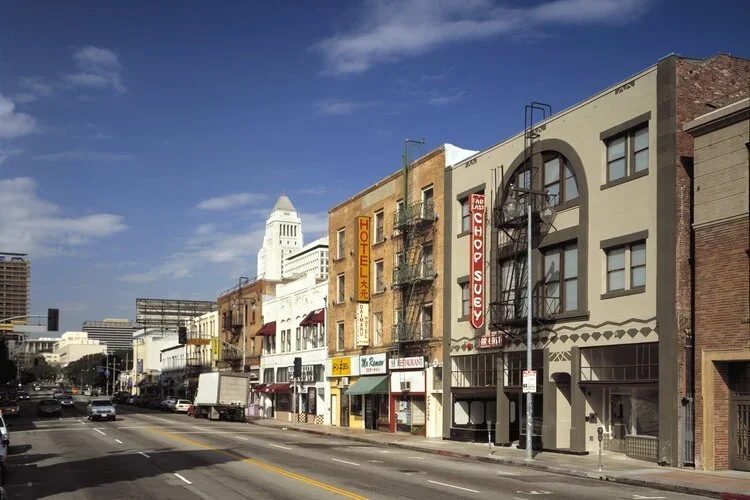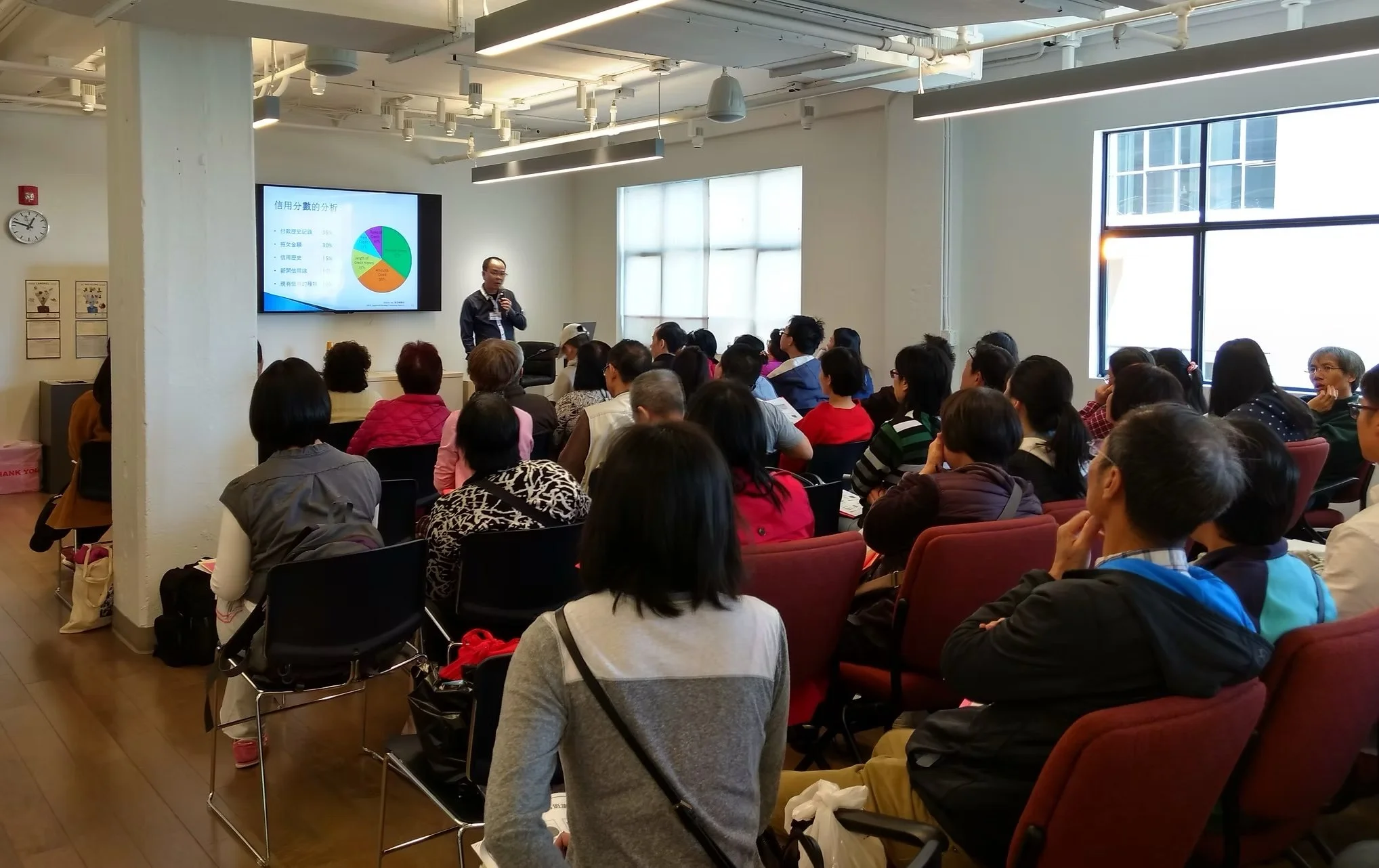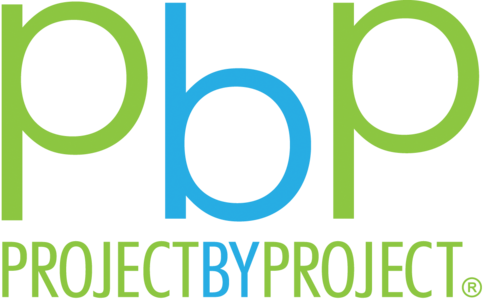OUR 2025 CAMPAIGN THEME
Community Development
While AAPIs have the highest rate of entrepreneurship among all ethnic groups (10% of the total AAPI population), AAPI business owners continue to face immense challenges accessing capital, resources, and networks. A staggering 80% of AAPI entrepreneurs rely on personal savings or family support for funding, while many struggle with language barriers, low credit access, and systemic barriers to economic opportunity.
At the same time, historic AAPI enclaves like Chinatowns, Japantowns, Thai Towns, and other areas with high AAPI populations are facing gentrification and displacement—leading to the erosion of cultural identity and community power. Without direct action, we risk losing these vital cultural and economic hubs that celebrate community, language, culture, and provide critical resources to members of the AAPI community.
AAPI businesses and cultural centers have long been the backbone of our communities, providing employment, commerce, and spaces for connection. We’ve seen how external forces continue to threaten these spaces: from New York’s Chinatown fighting a proposed skyscraper jail to AAPI enclaves being priced out of their homes and businesses. Decreasing attendance and engagement in these community centers not only signals the erosion of our cultural heritage but also weakens our collective power.
This year, we will focus on 3 Core Concepts centered in Community Development:
Community Control - Empowering local communities to make decisions about their land, institutions, and resources
Preservation of Cultural Institutions - Protecting and sustaining spaces that keep our heritage alive
Support for AAPI - Owned Businesses - Ensuring entrepreneurs have access to the capital, education, and networks needed for long term success
By focusing on these priorities, we can build a future where our communities are not just surviving, but flourishing. This year, we invite you to stand with us as we work toward a stronger, more resilient AAPI community—together.
Sources:
Office of Advocacy. “Facts about Small Business: Asian American Pacific Islander Ownership Statistics 2024.” US Small Business Administration Office of Advocacy, 7 May 2024, advocacy.sba.gov/2024/05/07/facts-about-small-business-asian-american-pacific-islander-ownership-statistics-2024/.
“Small Business, Big Dreams.” National CAPACD, www.nationalcapacd.org/wp-content/uploads/2019/03/CAPACD_SmallBusinessReport_final_web.pdf. Accessed 20 Feb. 2025.
Swanek, Thaddeus. “AAPI Small Businesses Face Familiar, Unique Challenges.” AAPI Small Businesses Face Familiar, Unique Challenges | U.S. Chamber of Commerce, U.S. Chamber of Commerce, 23 May 2024, uschamber.com/small-business/aapi-small-businesses-face-familiar-challenges-and-some-unique-ones.

MEET OUR 2025 BENEFICIARY PARTNERS
-

ADHIKAAR
NEW YORK CHAPTER PARTNER
-

LITTLE TOKYO COMMUNITY COUNCIL
LOS ANGELES CHAPTER PARTNER
-

ASIAN, INC.
SAN FRANCISCO CHAPTER PARTNER
PAST CAMPAIGN THEMES & PARTNERS
Every year, each Project by Project chapter partners with a local non-profit organization in a year-long campaign to advance awareness of important social issues in the Asian American community.
-
NY: Meals for Unity
LA: Thai Community Development Center
SF: Chinatown YMCA
-
NY: Chinatown Youth Initiatives
LA: Hope Community Services
SF: Oakland Asian Cultural Center
-
-
NY: Think! Chinatown
LA: JACC's Sustainable Little Tokyo
SF: Florence Fang Community Farm
-
NY: Homecrest Community Services
LA: Pilipino Workers Center
SF: AAPI for Civic Empowerment Education Fund
-
NY: Rescuing Leftover Cuisine
LA: Center for the Pacific Asian Family (CPAF)
SF: Gum Moon Women's Residence
-
NY: Coalition for Asian American Children and Families
LA: OCA-Greater Los Angeles
SF: Vietnamese American Community Center
-
-
NY: National Queer Asian Pacific Alliance (NQAPIA)
LA: Asian Pacific AlDS Intervention Team (APAIT)
SF: API Equality Northern California
-
NY: Equality Fund of AAFE
LA: Center for the Pacific Asian Family (CPAF)
SF: Chinatown Community Development Center
-
NY: Henry Street Settlement
LA: Pacific Asian Counseling Services (PACS)
SF: Asian Community Mental Health Services

